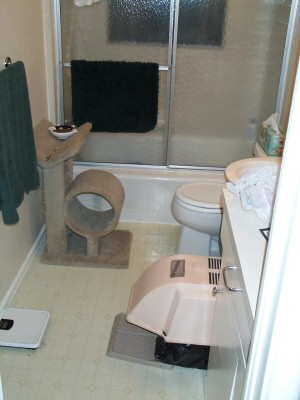This was my Christmas Day dinner dessert:
Blue Bell Natural Vanilla Bean ice cream plus Hershey’s Special Dark chocolate syrup.
Logically a “dark chocolate” substance would have less sugar than a normal chocolate substance, right? Wrong. According to Hershey’s nutrition chart, the Special Dark syrup is 65% sugar, whereas the normal is only 62% sugar.
Amazing.
I think the syrup’s “dark” flavor is mostly fake, anyway. Next time I will just buy the regular syrup.
